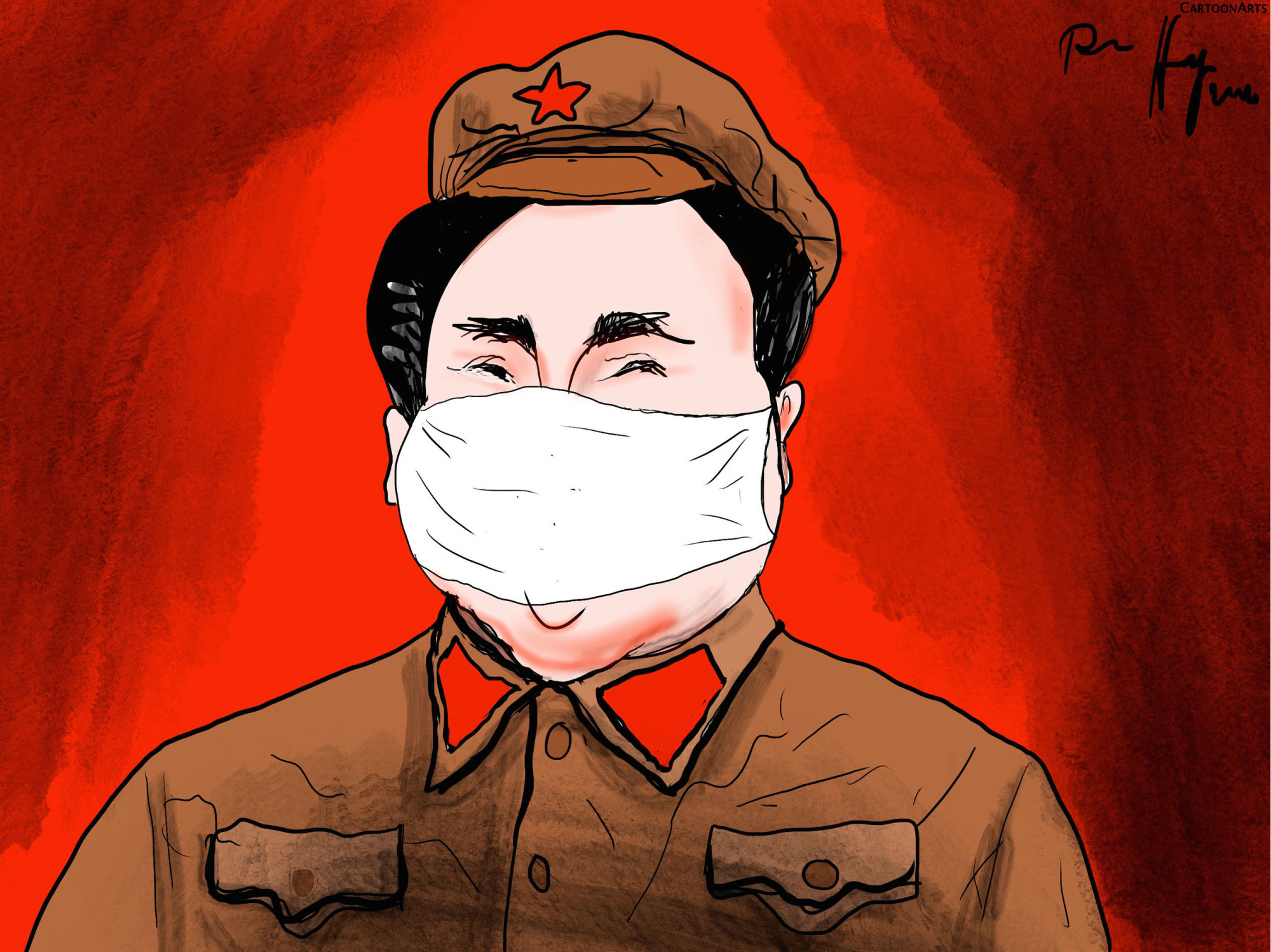Last October, the 2019 Global Health Security Report included a stark warning: "National health security is fundamentally weak around the world. No country is fully prepared for epidemics or pandemics and every country has important gaps to address." Just two months later, a new coronavirus emerged in Wuhan, China — and quickly demonstrated the accuracy of the report's assessment.
The virus, now called COVID-19, was first discovered in China's Wuhan municipality but was not taken sufficiently seriously by the authorities in the early weeks. Multiple mistakes were made, including the failure to comprehend the virus's speed of transmission, compounded by the delay in informing the public about the outbreak. In fact, some who first warned of the disease — most notably the ophthalmologist Li Wenliang — were reprimanded by local authorities. (Li subsequently died of the disease.)
It was not until Jan. 20 that the government acted, after another doctor, Zhong Nanshan — a hero in China's fight against the 2003 outbreak of another coronavirus, severe acute respiratory syndrome (SARS) — alerted the public of the seriousness of the new virus. Wuhan and neighboring cities in Hubei province — with a total population of some 58.5 million people — are now in lockdown. Across China, as many as 700 million people are largely confined to their homes.

















With your current subscription plan you can comment on stories. However, before writing your first comment, please create a display name in the Profile section of your subscriber account page.